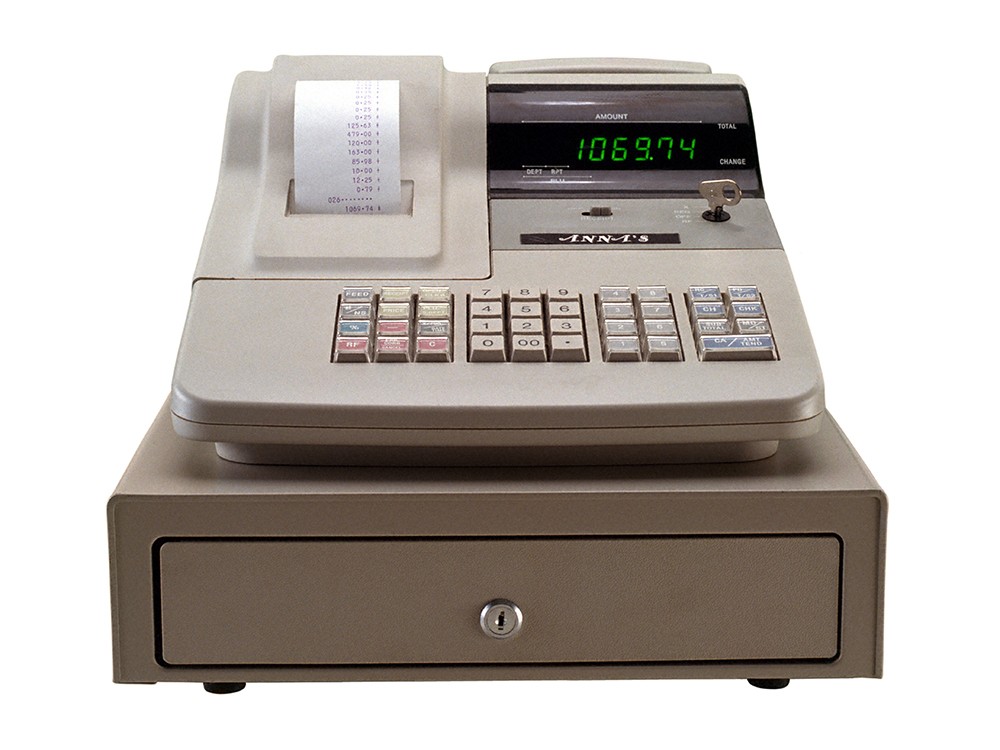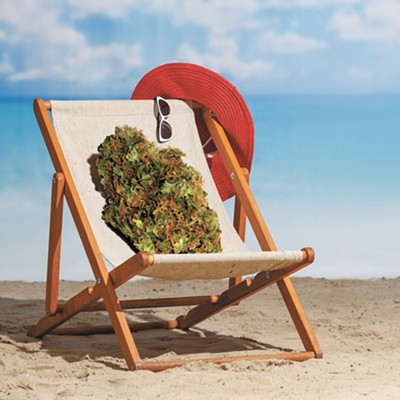Heavy Burden
Poor families in Washington pay a greater share of their income in state and local taxes than in any other state in the nation, according to a new report from the nonprofit Institute on Taxation and Economic Policy.
Although Washington doesn’t have an income tax, the reports finds it’s still the highest-tax state for poor people. After adding up state and local sales, excise and property taxes, Washington’s poor pay 16.9 percent of their total income in taxes.
Meanwhile, in Washington’s neighbors to the east and south, the poor pay significantly less: Poor families in Idaho pay 8.2 percent of their incomes in state and local taxes, and in Oregon, they pay 8.3 percent.
According to the latest Census Bureau data, the national poverty rate in 2012 was 15 percent, meaning one in six Americans were living poverty. These numbers are virtually unchanged since 2010. The report notes that unbalanced tax policies in almost every state contribute to high and stagnant poverty rates.
To level the playing field between a state’s richest and poor residents, the Institute suggests that lawmakers implement comprehensive tax reform “as a means of providing affordable, effective and targeted assistance to the growing number of people living in poverty.”
— DEANNA PAN
Zoning Out
After likening marijuana outlets to porn stores and strip clubs, a small group of Garland residents and business owners won over a majority of the Spokane City Council Monday, keeping their area of town excluded from sites where new medical and recreational marijuana businesses will be allowed.
The outlets will be allowed in industrial and commercial areas across the city, but not in those zoned “Centers and Corridors 1,” like Garland Avenue and Grand Boulevard near 14th Avenue. The city’s rules mostly mirror those in last year’s Initiative 502, like keeping stores and grow facilities 1,000 feet from schools, parks and childcare centers. Council members included medical operations, currently largely unregulated, in the new rules because they worry an influx of marijuana could lead to a huge increase in both types of business. (Already existing medical outlets will be grandfathered in.)
Councilman Jon Snyder, who led the effort to craft the rules, praised the city, saying others “are kind of ducking this issue.”
— HEIDI GROOVER
Encroaching on Commissioner Territory
In their fight against the construction of Spokane Tribe’s new casino, the Spokane County Commissioners have repeatedly raised the specter of a Fairchild base closure, caused by the arguable “encroachment” of the casino upon the base.
But now, Gov. Jay Inslee is using the same argument to argue against Spokane County’s recent expansion of the urban growth area.
The recent expansion allows for denser development in additional areas of the county, but it’s been challenged by land-use groups who worry the expansion could increase sprawl and increase cost to the county.
This week, the state Department of Commerce received authorization to join those groups in appealing the urban growth area expansion to Growth Management Hearings board. “The county’s recent action not only undermines state efforts to remove encroachment, it is contradictory to the county’s efforts to do the very same thing,” Inslee wrote in a letter to the county, asking for property development to cease in the expanded area until all appeals are complete.
County Commissioner Todd Mielke argues that the governor’s concerns were based off of an old letter in 2005, and the problems were long-ago addressed.
“These are people who have not been kept up to speed and are looking at old data,” Mielke says. He says the county has been in constant contact with Fairchild and has taken numerous steps, including a moratorium on single-family dwellings in a large area around the base, to address encroachment. The expansion of the UGA near Fairchild, he says, focuses on industrial zoning, which is far less problematic for the base.
— DANIEL WALTERS






















